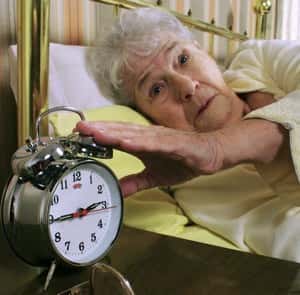
Getting a good night’s sleep can be an ongoing challenge. As a result, people try every possible option they can. A recent survey conducted by Consumer Reports has found that a large number of people are taking an over-the-counter sleep aid. That includes the antihistamine diphenhydramine found in most PM pain relievers.
The Popularity of OTC Sleeping Pills:
Almost one person out of five in the survey said they had used such a product over the last year. Of those, over 40 percent relied on them regularly for more than a year. Although diphenhydramine and doxylamine, the antihistamines used in OTC sleeping pills, are not labeled as habit-forming, Consumer Reports found that some people develop psychological dependence.
Adverse Effects of an OTC Sleep Aid:
Side effects of diphenhydramine include next-day drowsiness, dizziness, confusion and constipation. Even people who don’t feel drowsy the next day may not be able to drive safely (Human Psychopharmacology, May, 2016).
Because diphenhydramine is an anticholinergic drug, there are concerns that regular use could affect cognitive function. People who take such medications regularly are risking brain atrophy and cognitive decline (JAMA Neurology, online April 18, 2016). This may be worse for people with dementia, but even for healthy older people, taking an OTC sleep aid on a regular basis is associated with cognitive impairment (American Journal of Geriatric Psychiatry, Mar-Apr., 2003).
Consumer Reports, February, 2017
How Can You Get the Sleep You Need?
Consumer Reports strongly recommends using cognitive behavioral therapy for insomnia (CBT-I) as the first line of defense against sleeping problems. We agree that this is an excellent route. Finding a therapist skilled in guiding you in CBT-I can be a challenge. So it was good news to learn that a web-based intervention can be effective (JAMA Psychiatry, Jan., 2017).
Other approaches can help: keep a regular bedtime and develop a routine that allows you to unwind before retiring. A hot bath an hour before bedtime can help you drop off more quickly. Remove distractions, especially screens like computers, tablets and televisions, from the bedroom.
You can learn more about overcoming insomnia without relying on an OTC sleep aid from our Guide to Getting a Good Night’s Sleep.

